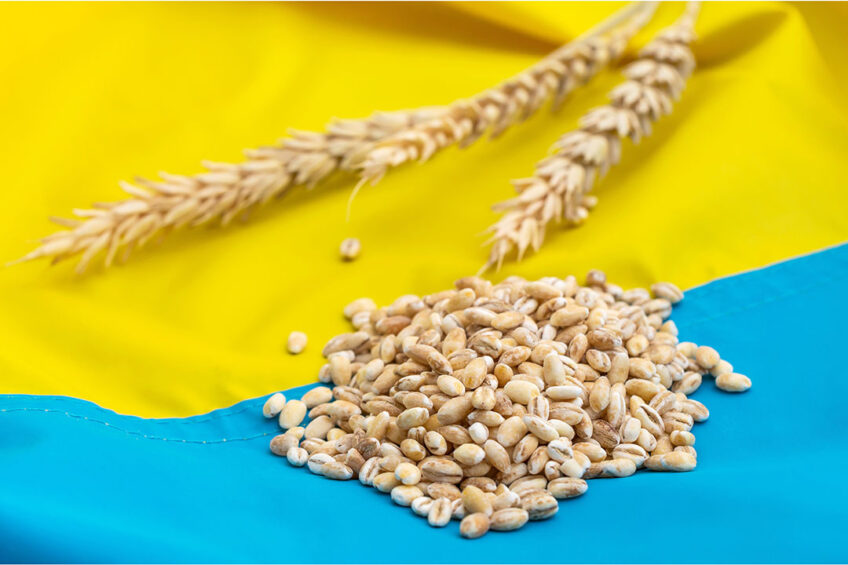Ukrainian grain exports on shaky ground

The Red Sea crisis cut Ukrainian agricultural exports in January, Mykola Solsky, Ukrainian Agricultural Ministry, outlined, speaking on national television on January 18.
The drop followed the record export volume in December 2023, when Ukraine delivered 4.8 million tonnes of grain to foreign customers, the highest figure since the end of the Black Sea Grain Deal with Russia.
As of January 19, Ukraine exported 2.97 million tonnes of grain since the beginning of the month, the official statistical data indicated.
Exports perked up despite missile and drone strikes on the Ukrainian port infrastructure and blockade of Ukraine-EU border crossing by European farmers in recent months. Ukrainian grain exporters primarily rely on the narrow sea corridor along its western Black Sea coast near Romania and Bulgaria to export grain.
Falling grain harvest
In 2024, Ukraine will collect the lowest wheat harvest for the last 12 years, as the sowing area shrank compared with the previous year, local press reported, citing estimations made by Argus Media.
Export difficulties were the main factor discouraging grain farmers from sowing a part of their fields, Solsky explained during a press conference in late 2023.
“Simple maths show that for some companies it’s better to pay the rent fee and not to sow than lose the result their yearly work,” Solsky said, referring to the oversupply on the Ukrainian grain market, which hampered prices during 2023.
Unfavourable autumn weather also took a toll on operations. In several regions, the soil was far from its best conditions due to a preceding drought.
Duties on the Ukrainian grain
Five European countries have recently asked the European Commission to consider re-imposing duties on Ukrainian grains, citing an overabundance of cheaper agricultural products from Ukraine, the Hungarian Agricultural Ministry has recently disclosed.
The appeal, signed by the Agricultural Ministries of Bulgaria, Poland, Hungary, Romania and Slovakia, indicated that Ukraine’s larger farm sizes make the country’s grain exports cheaper, and that is pushing EU farmers out of their traditional export markets,
The 5 countries are among 6 EU member states that produce more wheat and maize than they need, which is key for European food safety and strategic sovereignty, nations’ ministers said.
Re-imposing duties on Ukrainian agricultural products was one of the key demands of the European farmers blocking the Ukraine-EU border crossing in recent weeks.











